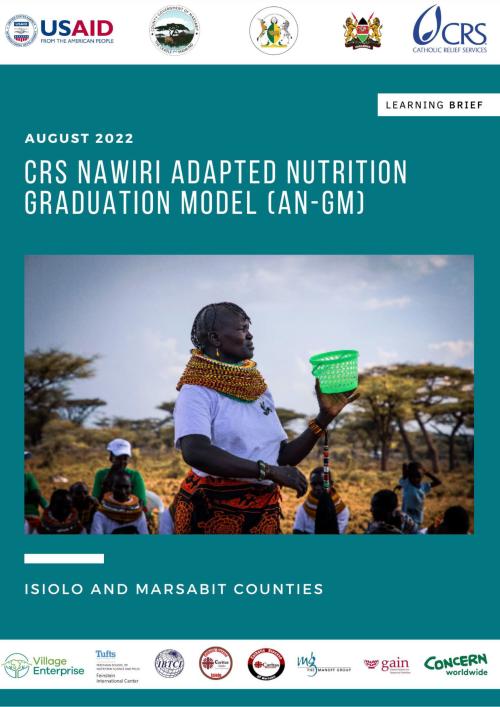This document highlights findings from an integrated model piloted in Isiolo and later scaled up in both counties. A traditional livelihood model focused on forming business savings groups, building business skills and financial literacy, and providing small business start-up grants and mentoring was integrated with cash transfers, health and nutrition education, and social and behavior change (SBC) interventions targeting the most vulnerable households. The pilot found that most households didn’t access health or nutrition services due to cost and distance, and private sector providers' access to remote areas was hindered by poor roads and conflict. The learning from the pilot informed modifications to the integrated approaches, such as the duration (monthly for 6 months) and value (increased from KES 3,750 to KES 5,000 each month) of cash transfers; sequence of layering SBC support to households on child feeding practices; initiating businesses and savings; water, sanitation, and hygiene; joint spousal decision-making; and the value of business grants to support businesses during periods of drought. In addition, adding a joint household decision making approach (SMART Couples) has the potential to improve business and household decision making, as does the three-person business group model for sharing tasks among members and reducing women’s workloads.
Learning Brief
